Coaching is solutions oriented. A coach asks powerful questions to help an individual become their own compass and move closer to their goals and aspirations.
Unlike mentors who often provide advice based on their experience, coaches focus on the future and guide individuals to discover solutions themselves. It is not necessary for a coach to be an expert in the individual's field, as the emphasis is on internal discovery. In contrast, counselors or therapists may focus on understanding past issues, and consultants provide solutions to fix problems. The "coach approach" involves curiosity, non-judgmentalism, and the use of open-ended questions like "What" and "How" instead of "Why." Observing body language and word choice, coaches encourage reflection and vision. See the adjacent figure for a depiction of how these common forms of guidance overlap and differ.
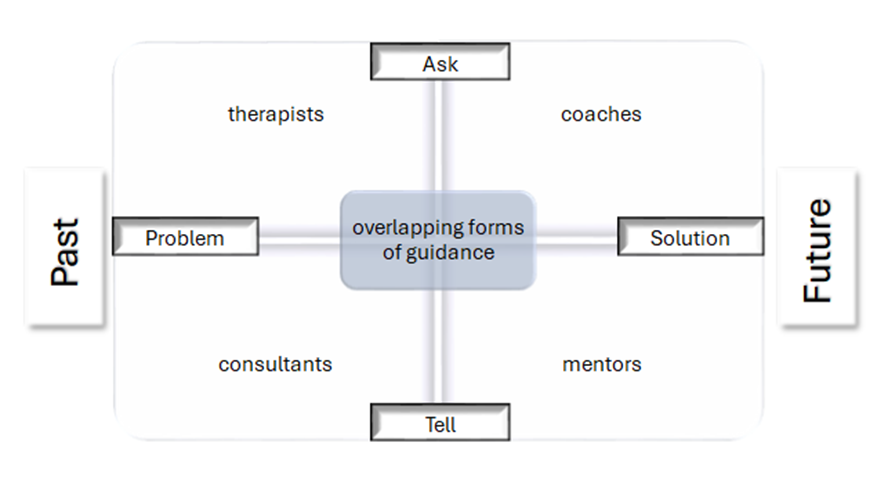
"If you don't make the time to work on creating the life you want, you're eventually going to be forced to spend a lot of time dealing with a life you don't want."
Quality Improvement for Your Career
Mine | Cultivate | Grow
The process begins with an initial consultation to dig deep and understand what issues you want to tackle. This initial phase may include completing assessments and setting goals for the engagement.
This is the active coaching/exploration phase where through active listening and powerful questioning from the coach you will cultivate new insights and solutions and formulate action steps.
In this phase, you will experiment by implementing action steps generated in the previous phase resulting in growth. Implement QI cycles (Plan – Do – Check – Act) to develop a plan that works for you.
Coaching Events
MCG OFAS Coaching Workshops for Departments or College
ICF World Coaching Week Celebrations
Coaching Workshop - May 13, 2024
Taste of Coaching
Coaching can potentially help any issue, but below are issues encountered by faculty that may benefit from a coaching session or engagement.
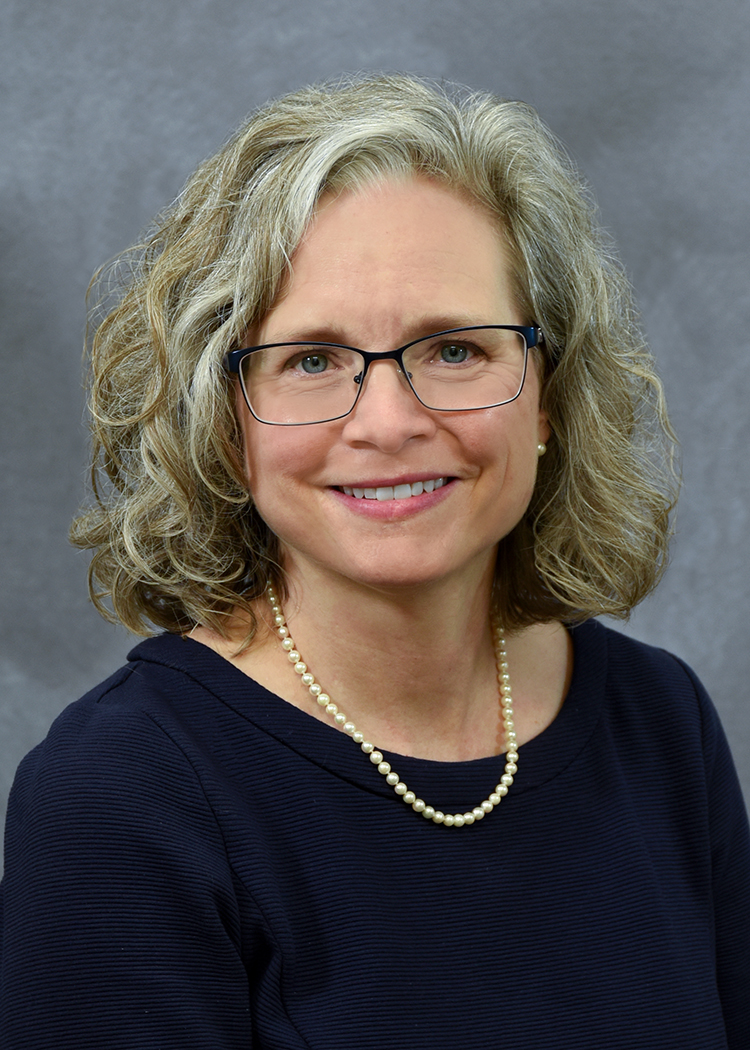
Lisa Leggio, MD, FAAP, ACC
Lisa Leggio, MD is the Assistant Dean of MCG Office of Faculty Affairs and Success and directs their coaching program. She is a professor in the Department of Pediatrics with over 20 years of experience as a board-certified pediatrician. She was the Director of Pediatric Student Education for 18 years and currently serves as the Vice Chair for Faculty Development in Pediatrics and is a Longitudinal Career Advisor in Academic Affairs. Dr. Leggio is a Certified Executive Coach and credentialed as an Associate Certified Coach (ACC) with the International Coaching Federation (ICF). She enjoys coaching on just about anything, but particularly career vision, transitions, goal setting, imposter syndrome, time management, prioritization, communication, and burnout.
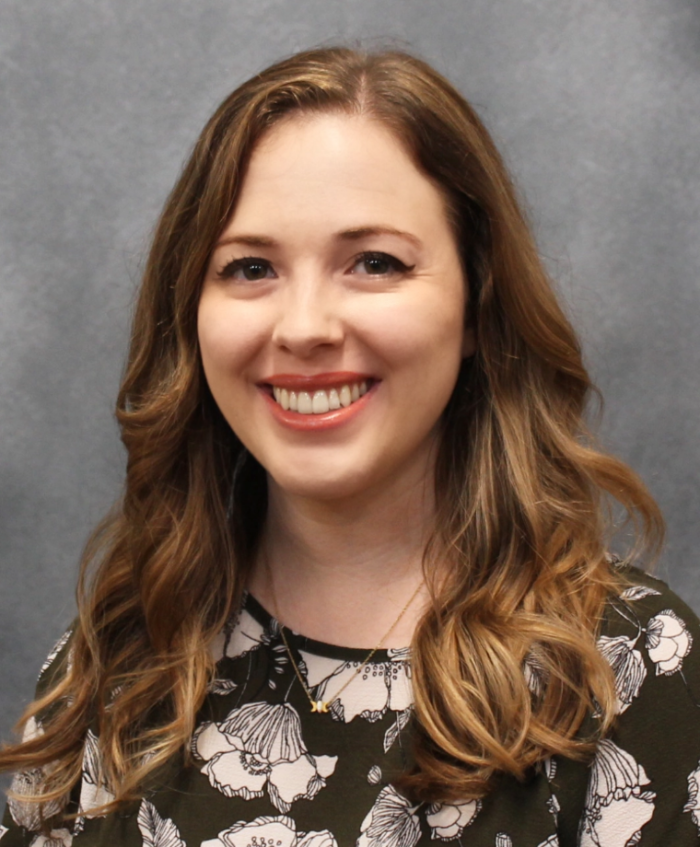
Katherine Grego, MEd
Katherine Grego brings a wealth of experience in leadership development and adult learning to her current role as Organizational Development Analyst within Augusta University's Human Resources Division. Prior to this, she served as AU's Director of Study Abroad after joining the university in 2021, following seven years at Columbus State University’s Center for Global Engagement. A lifelong learner, Katherine completed a Graduate Certificate in Organizational Coaching from the University of Georgia (December 2023), adding to her M.Ed. in Educational Leadership and B.S. in Earth & Space Sciences. Holding additional certifications in Servant Leadership and International Studies, Katherine's coaching empowers individuals navigating career transitions, cultivating the potential of traditionally underserved leaders, and supporting those across diverse cultural backgrounds.
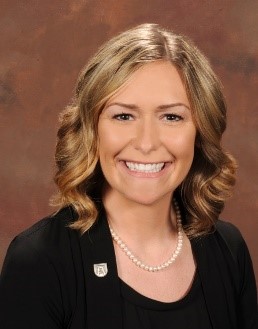
Kelli Erb-Scarbrough, MBA, BCC
Kelli has been involved in organizational development at Augusta University since 2016. Her work focuses on creating energy for change for individual and institutional development serving the physicians, faculty, and staff of AU. She specializes in using data to drive leadership development, executive coaching, and organizational development. As a Board-Certified Coach with the Executive & Leadership Coaching designation, she offers individual and group coaching to guide her clients through goal development using actionable development plans and thoughtful questions to encourage perspective taking and personal growth. Through strategic organizational consulting, she works to maximize effectiveness by increasing engagement, influencing a positive culture, and promoting AU’s values to improve the patient and student experience. She also teaches research-based curriculum, to develop AU personnel while modeling a hunger for learning and professional development.
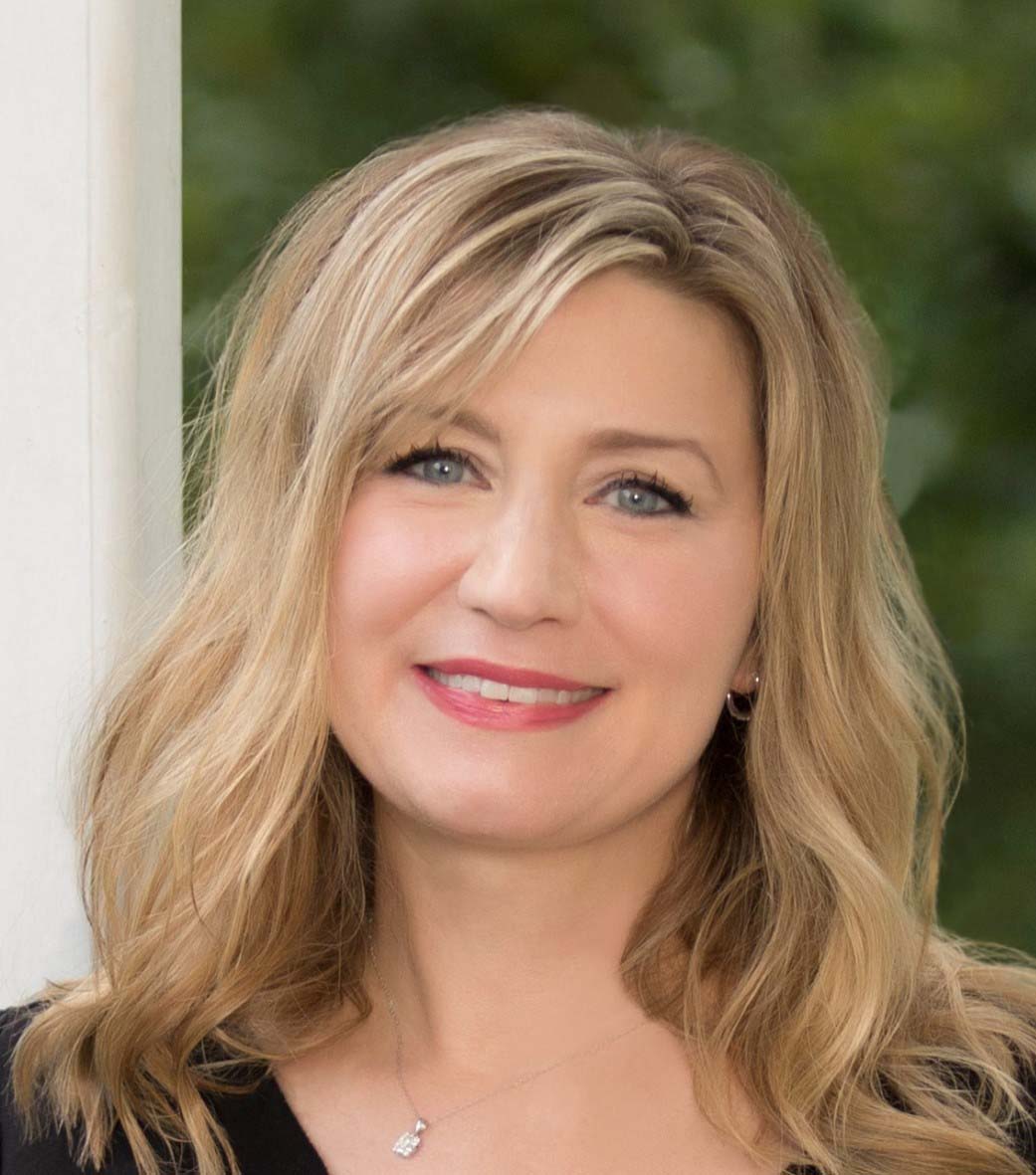
Lori Welch-Sigmon, PhD, HSP
Dr. Lori Welch-Sigmon is an Assistant Professor in the Department of Psychiatry and Health Behavior and a Licensed Psychologist. In her role with AU/MCG, she provides training and supervision of doctoral-level psychology students at East Central Regional Hospital. Dr. Welch graduated with a B.S. in Psychology from Florida State University, M.S. in Applied Psychology from Augusta University, M.A. and Ph.D. in Clinical Psychology from Fielding Graduate University with specialization in Health Psychology. She received predoctoral training at Ball Memorial Hospital in Muncie, Indiana and postdoctoral training in Community Psychology and spiritually integrative care in Atlanta, Georgia. Dr. Welch has post-doctoral certifications in Executive Coaching from the College of Executive Coaching and Leadership Coaching from Coles Business School at Kennesaw State University. She is Co-Chair of the GWIMS Policy and Advocacy Committee, the Department of Psychiatry’s Diversity Committee, and previously the MCG Medical Student Promotion Committee. She is an active reviewer for teaching awards, papers for psychological conferences, and trainee research projects. Dr. Welch is a member of the National Register of Health Service Psychologists and Georgia Psychological Association. Dr. Welch’s areas of scholarship include topics related to clinical care, teaching and mentoring, and career advancement in women faculty.
